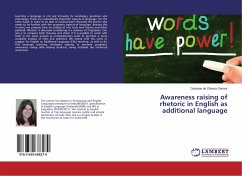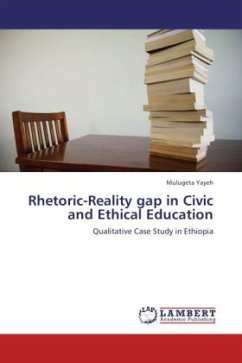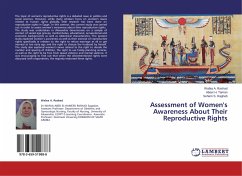Learning a language is not just knowing its vocabulary, grammar and phonology. These are undoubtedly important aspects of language. On the other hand, in order to be able to communicate efficiently the learner also needs to be familiar with the pragmatic aspects of language. Bearing this in mind, we propose here an analysis of two texts (one literary and other political). Rhetoric is discussed considering it a subarea of Pragmatics. Our aim is to compare both theories and check if it is possible to work with both in the same analysis as complementary tools to promote a more complete analysis of texts and speeches. We intend with this work to suggest for English as Additional Language (EAL) teaching, as well as for first language teaching, strategies aspiring to promote pragmatic awareness raising skills among students, being included the rhetorical awareness.
Bitte wählen Sie Ihr Anliegen aus.
Rechnungen
Retourenschein anfordern
Bestellstatus
Storno








